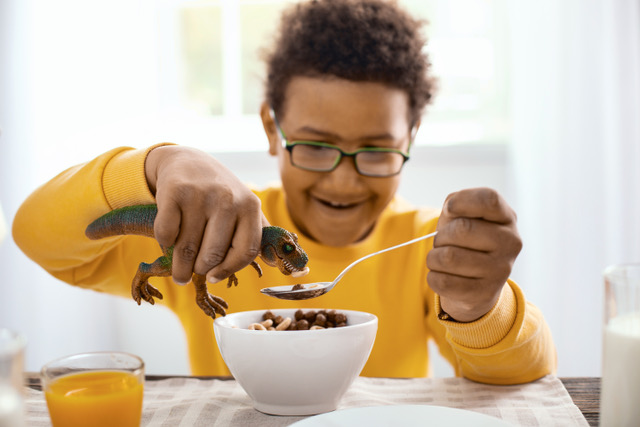Navigating Picky Eating Around the Holidays
Navigating the Holidays with a Picky Eater
The holidays can be a special time for family, traditions, and some of our favorite foods. It can be challenging (and stressful!) going to a family member’s house, knowing that your child will not eat any of the foods. It can be an anxious time for a child that knows they will be asked to try new foods. We understand that holiday picky eating can take a toll on the whole family and we want to help. We will share some tips to help your picky eater (and you) have a positive and enjoyable holiday meal!
Include your child in the preparation
We want kids to have as many positive exposures to new foods as possible. The more a child can interact with a food without necessarily eating it, the less scary it becomes. Have your child wash vegetables, mix, pour, etc. to allow for more exposure to novel foods.
Have preferred foods available
Bring a dish or two to share that your child enjoys. This allows your child to feel included in the meal while making sure there is something for them to eat. Your child can pick the amount of each food they want on their plate to encourage autonomy and allow exploration without creating pressure and anxiety around the meal.
Keep the environment fun and positive for your child
Keep the pressure extremely low to try new foods. Encourage your child to put what they want on their plate. It is not uncommon for kids to not eat a large meal on the holidays because of the atmosphere and commotion the holiday brings. Not sure what to say to your aunt that insists your child try their dish? We have a blog post for that!
Interact with food without eating it
Try touching, smelling, licking, pulling apart new foods to allow for a positive interaction with food without pressure to eat it. Being silly helps!
Model trying new foods
Discuss foods that are your favorite in neutral terms (e.g., “I like this! It’s sweet! That one is crunchy”) Use descriptive language like hot, cold, salty, spicy, sweet, crunchy, etc. instead of words like good, bad, yummy, yucky, etc. If a food is not your favorite, model trying a small taste and use language similar to “I am still learning about this food” to encourage your child to continue to try new foods.
If you feel like your child has difficulty at mealtimes, please reach out to us to schedule a free 30 minute screening at our Aurora or Orland Park clinic here to seee how we can help. You can learn more about our feeding therapy services here.
Molly Rademacher, MA, CCC-SLP/L













